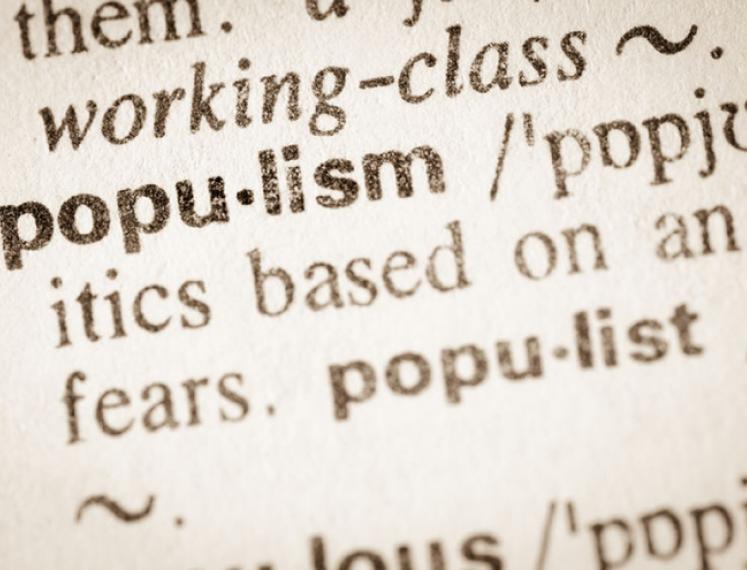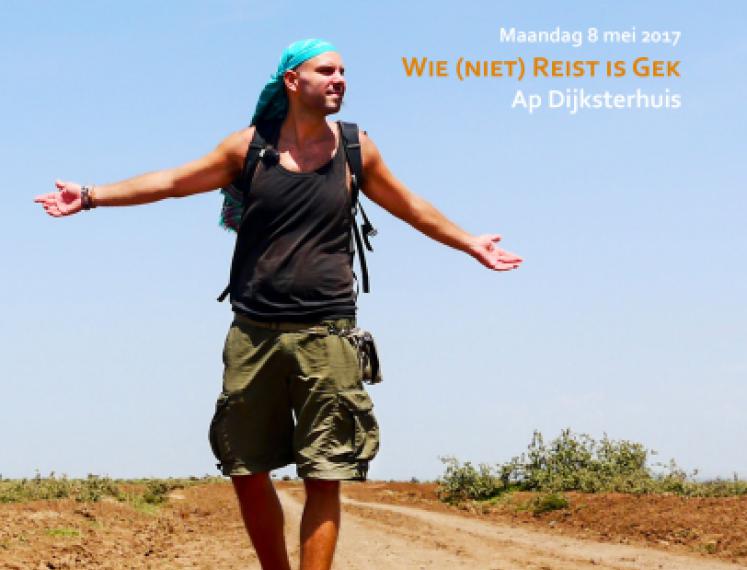
A900 (next to Academy Building)
Broerstraat 9
Groningen
Netherlands
Populist Politicians in Power
Populist politicians thrive on being in opposition as their ideas often challenge and oppose the establishment. At the same time, it is a widespread misconception that populists in power are doomed to fail. But what exactly happens when populist politicians move into positions of power? Which strategies do they develop? Do populists in office maintain their credentials, or do they moderate and abandon their political agenda? Are they able to change the political landscape? Professor of Politics Paul Taggart identifies different patterns of behavior of populists in the office, and shows how the anti-establishment element can provide a particular challenge for populists, once they have become part of the establishment. He draws on the variety of recent experiences of populism in power across the world, from Italy’s veer to the right to the rise of populism in Latin America.
The lecture will be chaired by Léonie de Jonge, Assistant Professor in European Politics & Society at the University of Groningen. She was recently appointed member of "De Jonge Akademie" of the Royal Netherlands Academy of Arts and Sciences.
Paul Taggart is Professor of Politics at the University of Sussex. He has previously served as the Director of the Sussex European Institute, Head of the Department of Politics, and Deputy Head of the School for Law, Politics, and Sociology at Sussex. His research concerns comparative politics, and focuses primarily on populism and Euroscepticism, and more broadly on the domestic politics of European integration. He is one of the editors of the Oxford Handbook of Populism, and has published several other books and articles about populism.
This programme is part of the Democracy Week. In the run-up to the elections for the Provincial Council and the water boards, the Democracy Week (March 8-15) draws attention to the importance of voting and democracy in the broadest sense of the word.
The lecture is organised in collaboration with the “Populism & Extremism" Lab, which forms part of the Rudolf Agricola School for Sustainable Development, and REPS (the Research Seminar of the European Politics and Society Chair Group).
After the lecture, there will be drinks.


